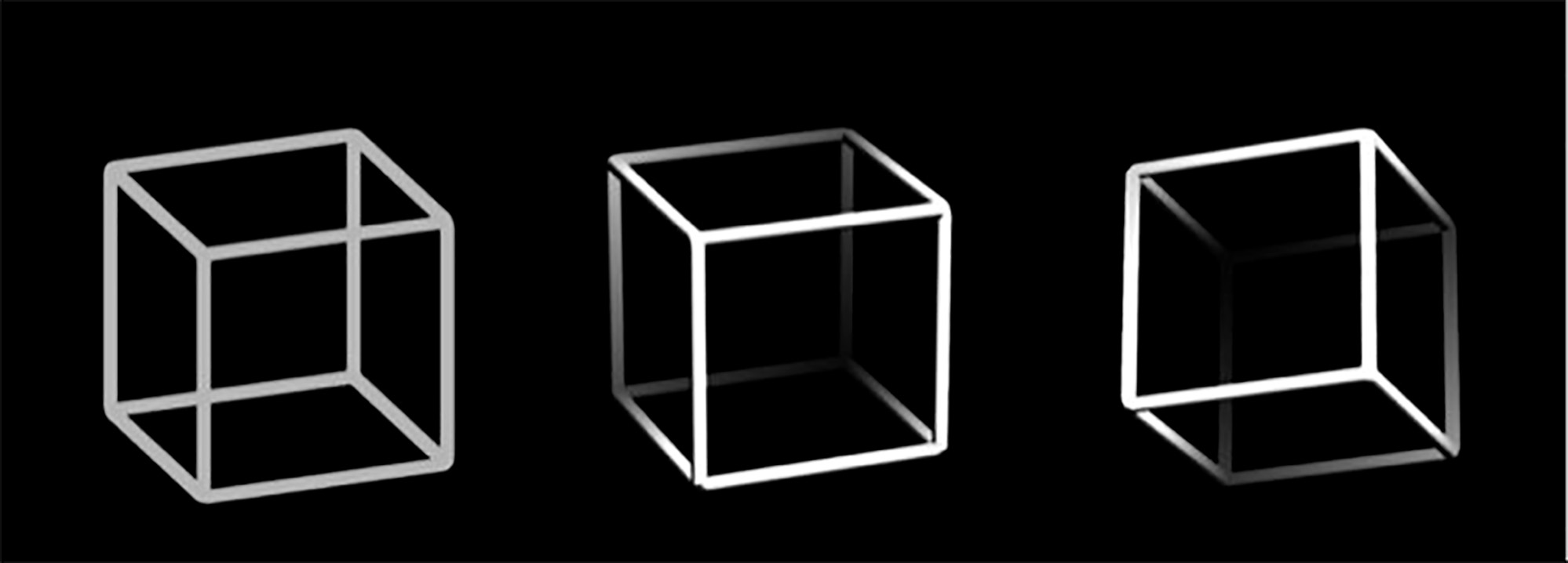How thoughts influence perception
Study by the Medical Center - University of Freiburg and the Institute for Frontier Areas of Psychology and Mental Hygiene provides new insights into the mechanisms of imagination / Publication in Scientific Reports

Our brain works at full speed when we imagine something - just like when we see something in real life. A recent study by the Department of Psychiatry and Psychotherapy at the Medical Center - University of Freiburg and the Institute for Frontier Areas of Psychology and Mental Hygiene suggests that the neuronal mechanisms involved in visual imagination and real perception are very similar. In the long term, the results could contribute to a better diagnosis of perceptual disorders or cognitive impairments. The study was published on October 18, 2024 in the journal Scientific Reports.
"Our research shows that when we imagine something, our brain uses virtually the same neuronal structures that are also used in the processing of real visual stimuli," says PD Dr. Jürgen Kornmeier, head of the study and director of the Institute for Frontier Areas of Psychology and Mental Hygiene.
Visual imagination influences subsequent perceptions
In the study, the participants first looked at a so-called Necker cube, a two-dimensional representation of a cube that can be perceived in two different 3D orientations and when looking at it, our perception spontaneously jumps back and forth between these orientations. Interestingly, viewing a clearly recognizable cube with depth information influenced the orientation in which the subsequent ambiguous cube was perceived. Such "priming" effects are well known in research.
In a second phase of the study, the participants were not shown a real cube. Instead, they were simply asked to imagine the cube. "The results showed that this imagination also influenced the perception of the subsequent ambiguous cube and thus the brain in a similar way to actual vision - priming therefore worked just as well through pure imagination," says Kornmeier.
Original title of the publication: "Visual imagination can influence visual perception - towards an experimental paradigm to measure imagination"
DOI: 10.1038/s41598-024-74693-x
Link to the study:https://www.nature.com/articles/s41598-024-74693-x
Caption: The so-called Necker cube can be perceived in two different 3D orientations.
Image source: Medical Center - University of Freiburg
Back
Medical Center - University of Freiburg
Central Information
Phone: 0761 270-0
info@uniklinik-freiburg.de
For press inquiries:
Corporate Communications
Breisacher Straße 153
79110 Freiburg
Phone: 0761 270-84830
kommunikation@uniklinik-freiburg.de
